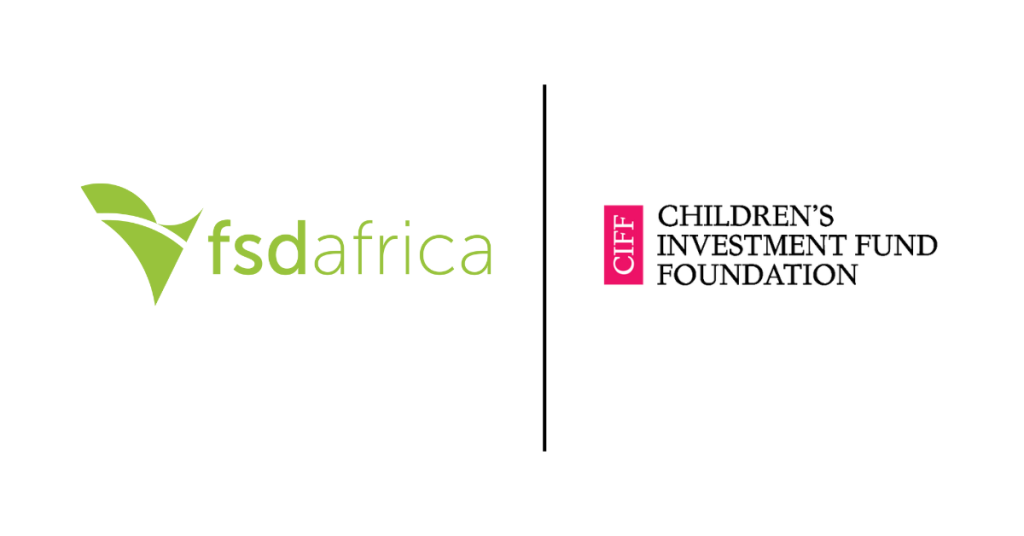The new initiative will assist African Debt Management Offices in embedding sustainability into debt strategies, mitigating refinancing risks, and attracting private capital.
FSD Africa, the UK-backed financial sector development agency, in collaboration with the UN Economic Commission for Africa (UNECA) and with support from the Children’s Investment Fund Foundation (CIFF), has announced the launch of a funded technical assistance and institutional support programme for Debt Management Offices (DMOs) across the continent. This programme aims to integrate sustainable finance into sovereign debt strategies, thereby unlocking fiscal space for both development and climate action, while also mobilising investment from domestic and international markets.
The launch comes in the wake of last week’s second Africa Climate Summit in Ethiopia and is closely aligned with its focus on Africa-led solutions, domestic capital mobilisation, and resilient local-currency financing. These priorities are also central to FSD Africa’s 2025–2030 strategy, which seeks to catalyse £10 billion of private capital—84% of it in local currency—to foster greener, more resilient economic growth across Africa.
What the new programme offers
The facility brings funded, hands-on support to DMOs and Ministries of Finance, including: sustainability-integrated debt strategy and Debt Sustainability Analysis (DSA) support; sovereign and sub-sovereign instrument preparation and issuance (e.g., Sustainability-Linked Instruments, Debt-for-Development Swaps and thematic bonds); Credit Rating Agency and investor relations engagement; sector and project pipeline preparation; institutional strengthening; and market-infrastructure development.
Mark Napier, CEO, FSD Africa said: “Sustainable finance is not a label change—it’s a fiscal strategy. By integrating sustainability into sovereign debt management, countries can lower refinancing risk, extend maturities, and unlock capital for productive, climate-positive national priorities. With our partners, we are making practical, funded support available to DMOs across Africa to support efficient planning, preparation and execution of these new instruments, while building deeper domestic markets in local currency.”
Dr. Stephen Karingi, Director, Macroeconomics Finance and Governance Division, UNECA said: “This programme comes at a pivotal moment. Africa’s debt challenges cannot be separated from its climate ambitions. Fiscal stability and climate action must go hand in hand. By aligning debt strategies with sustainability, governments can preserve fiscal space, refinance on better terms, and unlock capital for climate resilience, energy transitions, and growth.”
Kate Hampton, CEO, CIFF said: “International partners can help African sovereigns borrow on better terms—lower cost, longer tenors, more predictability—by supporting transparency, sensible standards and smart risk-sharing. Over the next year, the priority is turning commitment into execution so affordable, sustainability-minded finance reaches countries that need it.”
Why now?
Across Africa, rising debt service is compressing fiscal space just as climate and development needs intensify. Strengthening domestic markets and aligning debt strategies with sustainability can create a virtuous cycle – relieving near-term redemption pressure while financing energy transition, resilient infrastructure, and other national priorities.
To accelerate scaling, the partners further invite DFIs, donors, philanthropic and private investors to co-create a multi-country guarantee and risk-sharing envelope sized for Africa’s near-term sovereign refinancing needs. An initial target of US$10 billion in guarantees and first-loss capacity would meaningfully lower execution risk, improve pricing, and catalyse institutional demand alongside the TA programme.


